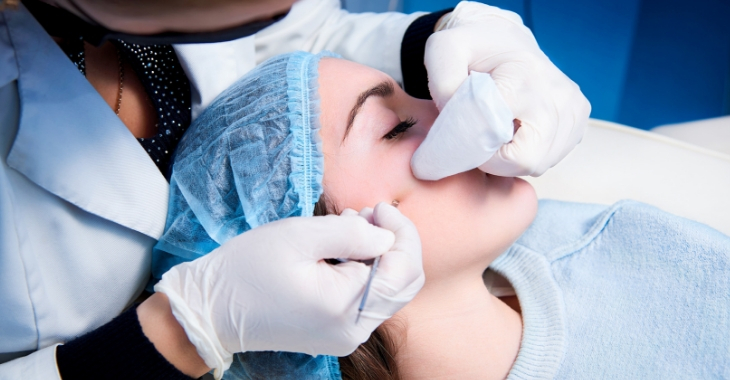What Should I Do if I Get Hives?
Most people have experienced hives at one point or another in their lives. Red, raised welts on the skin appear, often itchy and inflamed. They can be a reaction to plants, insect bites or allergens. Most hives go away within 24-hours, but they can be a sign of a more serious problem. Here are some tips on what to do when you get hives and when you should see a doctor.
For Relief During a Hive Breakout:
- Use a cool compress to relieve the irritation. This does not necessarily stop the reaction, but it can quell burning or itching hives.
- Take an over-the-counter antihistamine to help reduce the response to the allergen.
- Wear loose clothing to avoid aggravating the hives and to keep the skin cooler.
When to See a Doctor:
- If your hives last more than 24-hours, you should make an appointment with your local dermatologist. Some types of hives can last a few weeks, but you will want to begin exploring the trigger for your hives. In some cases, hives can be a symptom of other serious health issues.
- If you have any dizziness, trouble breathing, swelling of the tongue/throat or wheezing with hives, see a doctor immediately. You may be having a severe allergic reaction.
- If your hives are uncomfortable and causing loss of sleep or other issues. There are prescription medications that can help minimize the discomfort of hives during breakouts.
In most cases, hives will go away on their own and do not last long. However, if you have chronic hives or other complications, a dermatologist can help treat your hives and help find options to reduce breakouts through allergy testing and other diagnostic options.
Posted on behalf of:
Kayal Dermatology & Skin Cancer Specialists
141 Lacy Street, Suite 200
Marietta, GA 30060
(770) 426-7177
The information provided on this website, including text, graphics, images, and other materials, is intended solely for informational purposes and should not be used as a substitute for professional medical advice, diagnosis, or treatment.

)